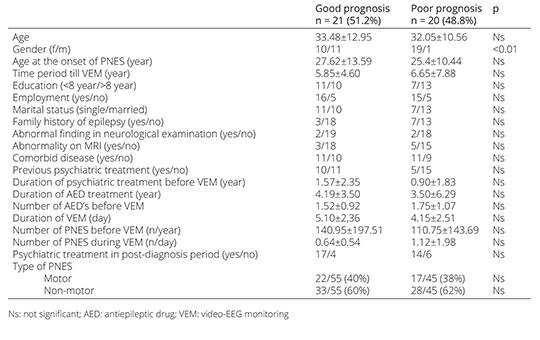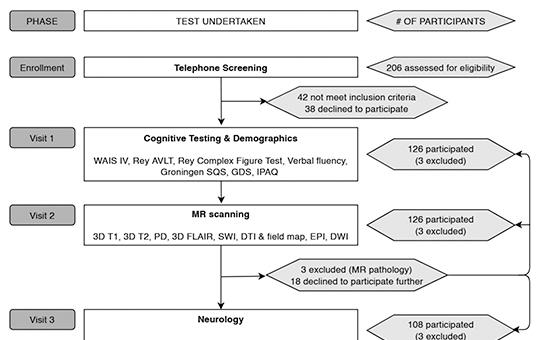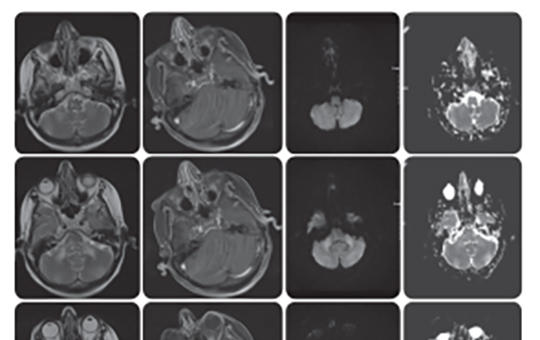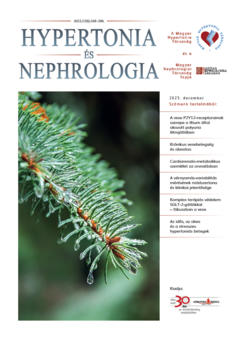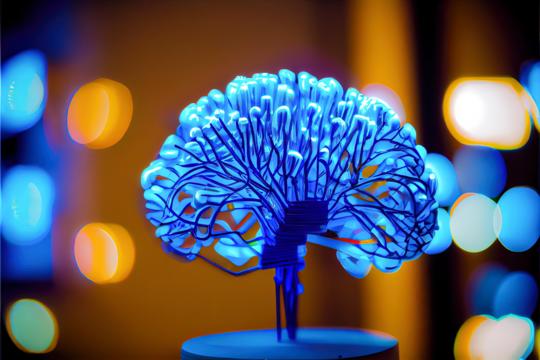The eLitMed.hu medical portal uses computer cookies for convenient operation. Detailed information can be found in the Cookie-policy.
Specialities
Psychiatry
[Blooming again – women’s life paths after brain injury ]
[After a serious brain injury or trauma, there is damaged the functional capacity of the affected persons and their self-image too. Traditional rehabilitation pays little attention to the female patients’ lost femininity. The aim of this study was to present the way of supporting women to realize again their femininity psychologically and physically alike after a brain injury.
In the Brain Injury Rehabilitation Unit of the National Institute for Medical Rehabilitation, the authors completed the female patients’ rehabilitation with special group sessions once a week. The topics were tailored to the needs of participants. There were targeted two specific objectives: achieving to perceive femininity in an autonomous way and regaining the feeling of femininity in the changed life circumstances due to the injury.
Occupational therapist, physiotherapists and nurses provided service to develop functional abilities. A psychologist helped the participants in trauma processing. Since the beginning in January 2022, two therapy cycles have been completed so far, each of which with 10-12 sessions. A total of 31 female patients and 8 supporting team members participated in these two groups so far.
Personalised rehabilitation was adjusted to the involved persons’ life circumstances, individuality, personality, family and social relations. Our experimental female group helped the participants to experience their femininity physically, mentally and psychologically too, according to their feedback.]
Factors affecting long-term prognosis in adult patients with psychogenic non-epileptic seizures
Among epileptic patients who are monitored using the video-electroencephalography monitoring (VEM) technique, in some patients a psychogenic non-epileptic seizure (PNES) can be identified as a definitive diagnosis. The longterm prognosis of these patients is not well known. In this study, we aimed to determine the factors that affect the prognosis of PNES. Forty-one PNES patients diagnosed using VEM between 2012 and 2022
Study protocol of the Hungarian Longitudinal Study of Healthy Brain Aging (HuBA)
Neurocognitive aging and the associated brain diseases impose a major social and economic burden. Therefore, substantial efforts have been put into revealing the lifestyle, the neurobiological and the genetic underpinnings of healthy neurocognitive aging. However, these studies take place almost exclusively in a limited number of highlydeveloped countries. Thus, it is an important open
Progressive multifocal leukoencephalopathy with a benign prognosis in an immunocompetent patient – A case report
John Cunningham virus (JCV) is most commonly acquired in childhood and is often asymptomatic throughout life. However, in the case of primary or secondary immunosuppression, it is known to cause progressive multifocal leukoencephalopathy (PML) in the central nervous system. Hereby, we describe a rare case of PML in a patient without known factors of immunosuppression or use of immunomodulation.
[Role of renal P2Y12 receptors in lithium-induced polyuria]
[Clinicians and investigators know since ages that increased production of prostaglandins play a significant role in the pathogenesis of polyuria of patients with Bartter syndrome.]
[The role of brain neural networks in the developing dementia: our research methods from optogenetics to artificial intelligence]
[In the Laboratory of Systems Neuroscience of the Institute of Experimental Medicine, our main objective is the better understanding of the brain mechanisms of cognitive functions. We investigate the nervous system basis of learning, memory, attention and decision-making not only in normal conditions but also in pathological ones, especially concerning the neurodegenerative dementias such as Alzheimer’s and Parkinson’s disease.
Our main profile is conducting animal studies, but we carry out human research too in collaboration with clinical partners. We analyse multichannel, i.e. multidimensional electrophysiological signals using both classical and modern statistical methods and new and powerful machine learning algorithms.
This study presents the activity of our team, while focusing on artificial intelligence applications.
]
1.
Clinical Neuroscience
Is there any difference in mortality rates of atrial fibrillation detected before or after ischemic stroke?2.
Clinical Neuroscience
Factors influencing the level of stigma in Parkinson’s disease in western Turkey3.
Clinical Neuroscience
[The effects of demographic and clinical factors on the severity of poststroke aphasia]4.
Clinical Neuroscience
Neuropathic pain and mood disorders in earthquake survivors with peripheral nerve injuries5.
Journal of Nursing Theory and Practice
[Correlations of Sarcopenia, Frailty, Falls and Social Isolation – A Literature Review in the Light of Swedish Statistics]1.
2.
3.
4.
5.




